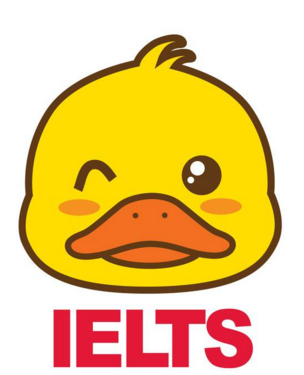来源:互联网
小编:Hosea 82 英文与中文不一样,英语句子必须要通过语法变化反映出时态概念。这是最为基本的规则。也正因为这一点在入门时强调过以后甚少提起,很容易被遗忘,因此很少有人在口语或写作表达中能够做到时态使用完全正确。但必须注意的是,在给定的时间场景下正确使用时态至关重要。

接下来为大家介绍几种基本时态用法:一般现在时、现在进行时、现在完成时、一般将来时。
一、一般现在时用法
1.表示现在经常性或习惯性的动作:
Tom wears a belt round his waist.汤姆腰里围了一根皮带。
The train goes backwards and forwards between the two towns.这列火车在两座城市间来回开。
2.表示现在的能力、特征、职业等:
He sings well. 他唱歌唱得好。
Mr.Smith teaches French. 史密斯先生教法语。
3.表示现在(或经常性)的情况或状态:
The sick child is better today. 生病的孩子今天身体好点了。
I enjoy songs such as this one. 我欣赏这样的歌曲。
I like all musical instruments except the violin. 除了提琴我什么乐器都喜欢。
4.表示客观真理、科学事实、格言以及不受时间限制的客观存在:
Summer follows spring. 春去夏来。
Knowledge is power. 知识就是力量。
The earth turns around the sun. 地球绕着太阳转。
二、现在进行时:表示逐渐的过程
Is developing rapidly/dramatically.
三、现在完成时:表示结果,一般表示变化大、发展了。
注意常用搭配:In recent years, In the past decades…, By the end of… for+时间段,since+时间点/ 时间段+ago/+句子
In recent years, technology has reshaped people's life.
最近几年,科技极大的改变了人们的生活。
The crime rate has increased sharply.
犯罪率急剧上升。
四、一般将来时:will do
1.表示习惯或者倾向
All I said, teaching could have a minimal effect on children. All children can learn something, but children without natural ability will be behind those who have it.
我认为教学对孩子的作用很小。所有孩子都能学点东西,但没有天子的孩子会落后于天生聪慧的孩子。
2.表示在将来出现的情况或者发生的动作。
Computers will play an increasingly critical role in education, but it is not possible that they could replace teachers in the classroom.
电脑将会在教育过程中起越来越关键的作用,但是它们绝对不能在教室中取代老师的地位。